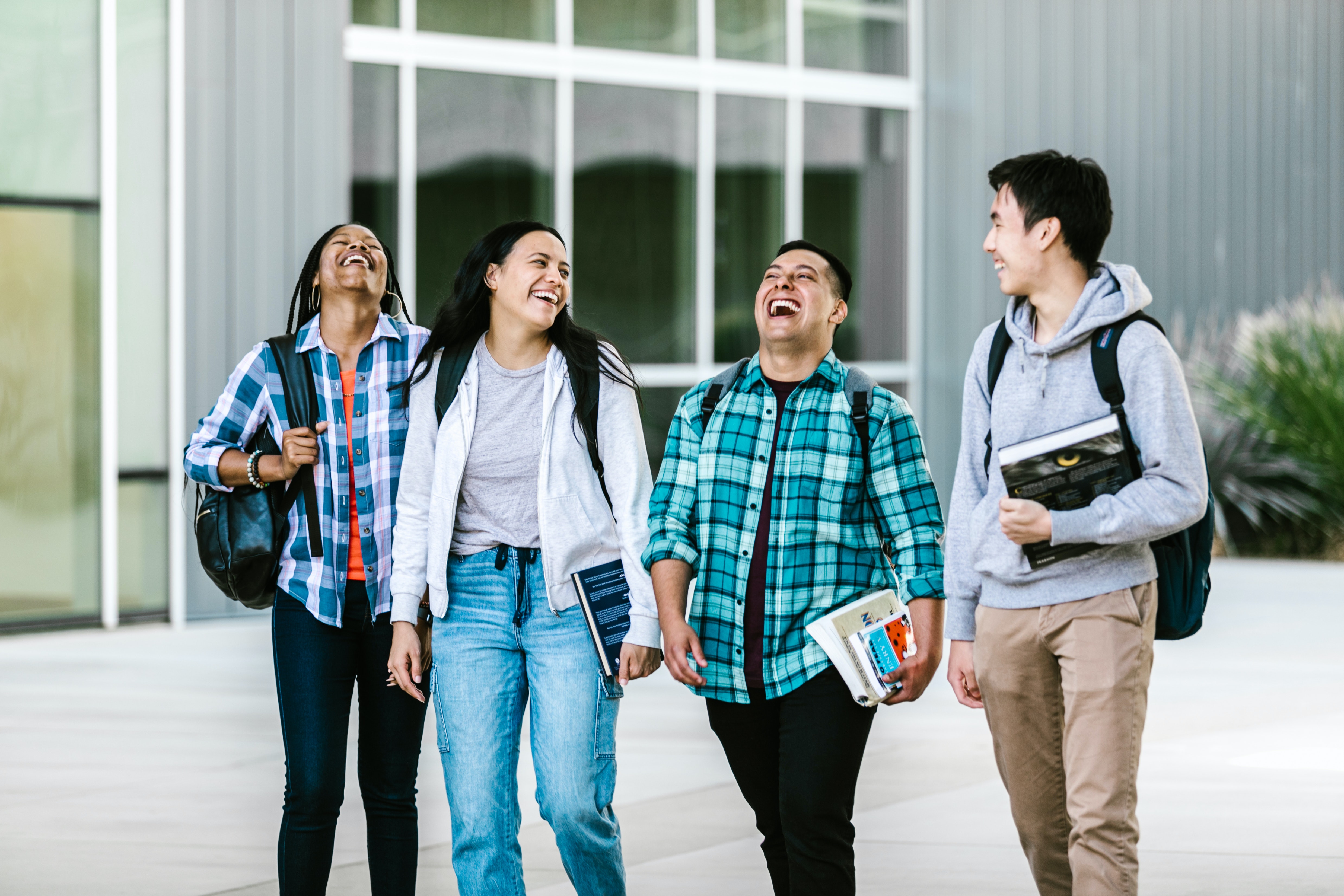Research
Research that Improves the College Experience and Sense of Belonging for All Students

The Emphasis of My Research

Broadly speaking, my research focuses on holistic development and outcomes of students in college. Specifically, I investigate how students develop meaning and purpose in college, and how students’ experiences and campus climate can foster a sense of belonging on campus – ultimately improving college outcomes. This includes examining students' religious and spiritual identities, gender differences, and how we can enhance belonging across identity dimensions. Further, my research uses interdisciplinary and collaborative approaches as part of an interrelated whole. The goal of my research is to improve the experience of students in higher education by creating more inclusive and welcoming spaces in the classroom and the co-curriculum. I publish in both academic- and practitioner-focused journals in a conscious effort to reach a larger audience of student affairs scholars and educators to influence policy and practice.
In recent projects, my efforts have extended to learning more about the experiences of college and university staff and how their experiences of belonging on campus can translate to better campus climate for staff and students and ultimately better student outcomes.
The research projects highlighted below illuminate these efforts.
Sense of Belonging and Campus Climate

A welcoming and inclusive campus climate is essential for fostering students’ sense of belonging (Riggers-Piehl & Lehman, 2016; Strayhorn, 2018). My work in this area has developed along three associated paths: the impact of campus climate on religious students, the impact of campus climate for women in STEM, and the role of faculty and staff in creating a welcoming campus climate. See below for links to some current work in these areas:
Religious Students on Campus
Students in STEM
Qualitative study of Academic Advisor Belonging on Role Efficacy
Feeling as though you belong is a key element for adult success and mental health. People experience a sense of belonging (SOB) to other people, groups, organizations, or environments, and characterize belonging as the feeling of being valued, needed, and important within those contexts. SOB theory emphasizes the role of institutions in creating environments that foster and hinder belonging, and the role of individuals participating in campus environments, highlighting the interplay between the two. In the study, initiated in Fall 2022, advisor belongingness is examined in relation to institutional contexts and advising experiences. The current study includes data from 9 academic advisors from a national sample of 7 4-yr institutions using case study method. In the initial data collection, implications for academic advisors include identifying ways to increase networking and community opportunities. Implications for supervisors include improving inequitable advising loads and service responsibilities. Implications for institutional leaders may include the development of policy and practices that foster belonging on campus. The proposed project relates to NACADA core competencies of ongoing assessment and development of the self (Relational 7), academic advising approaches and strategies (Conceptual 4), and articulating a personal philosophy of academic advising (Relational 1).
Preliminary findings were shared at the NACADA Region 7 conference in February 2023.
As of June 2023, I have been awarded a $3000 NACADA Grant to expand the study to a total of 30 academic advisors nationwide and share the findings in a NACADA publication as well as other venues.
Team:

